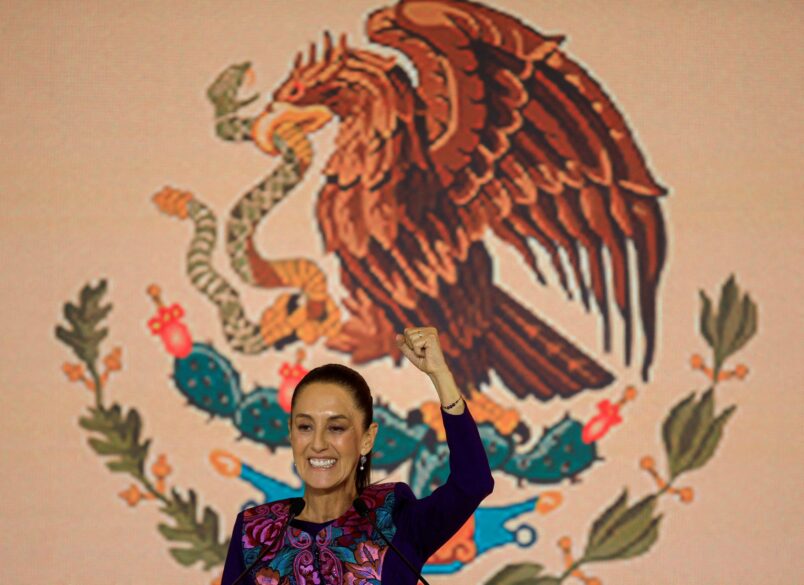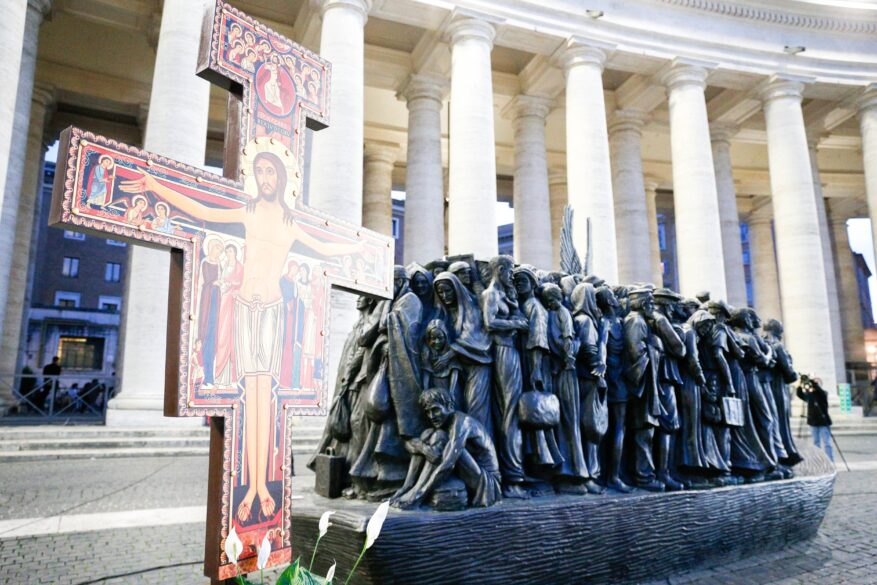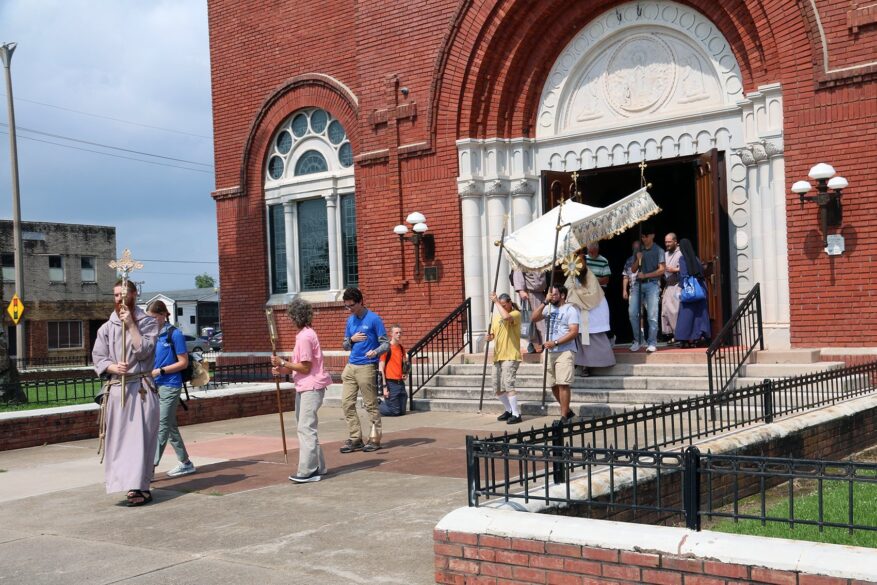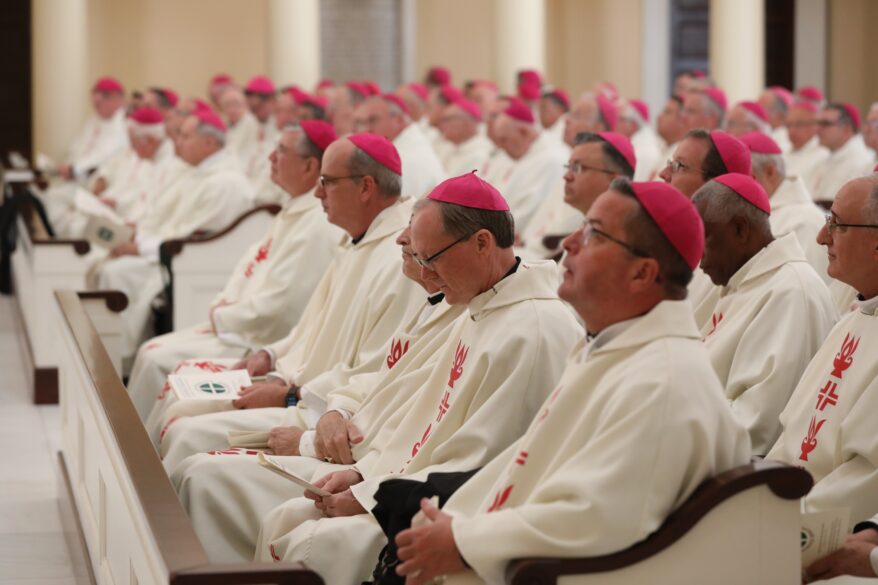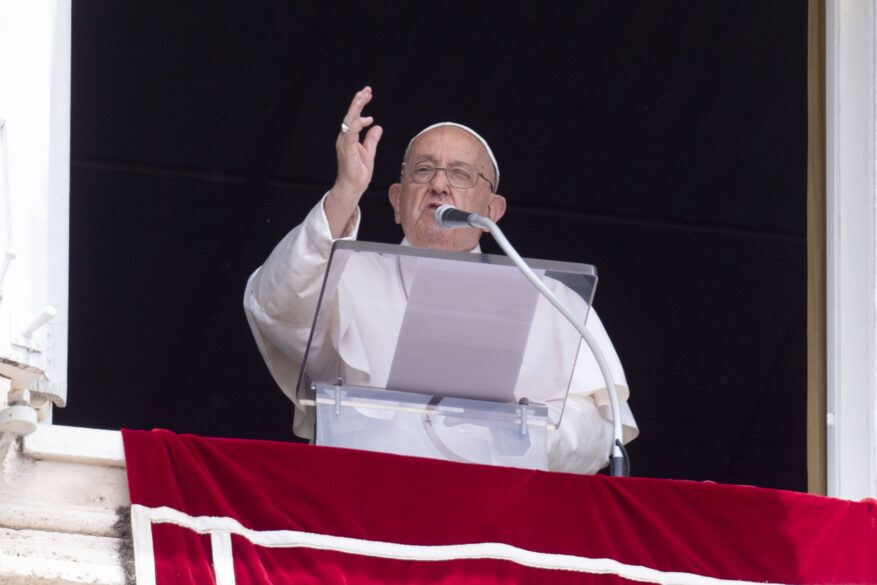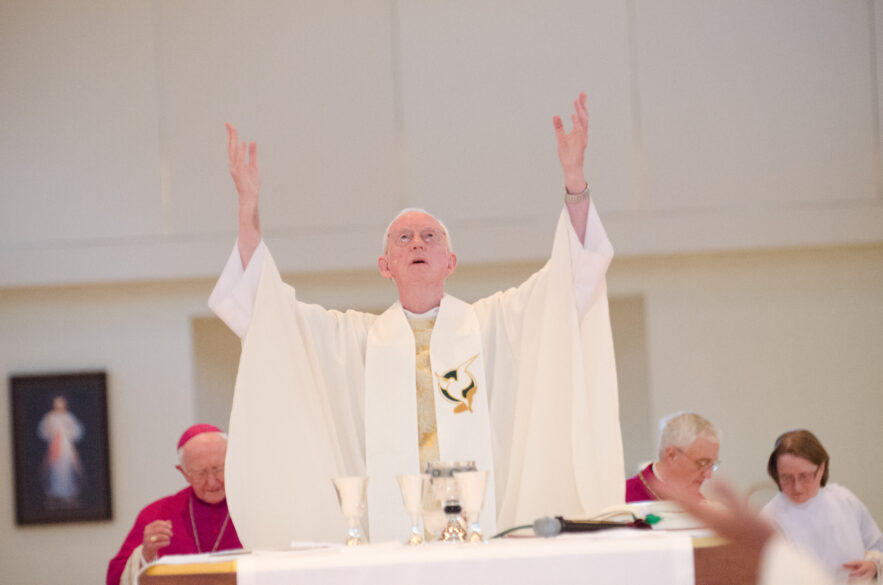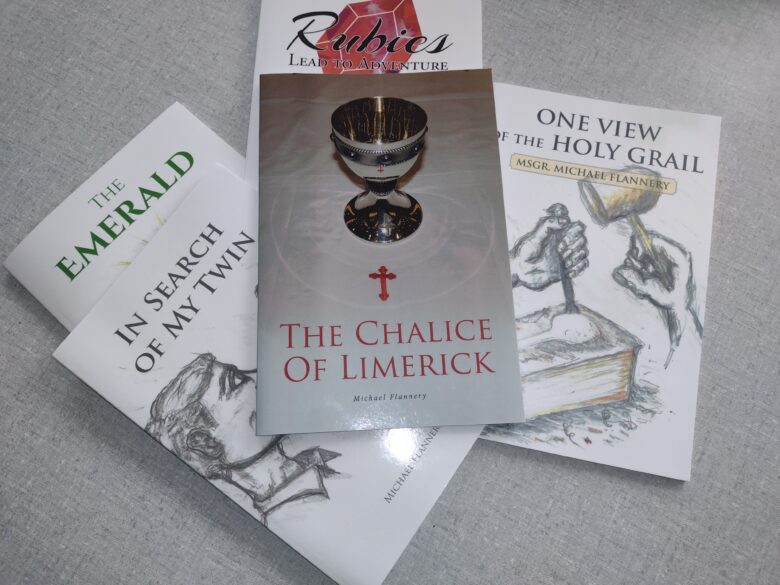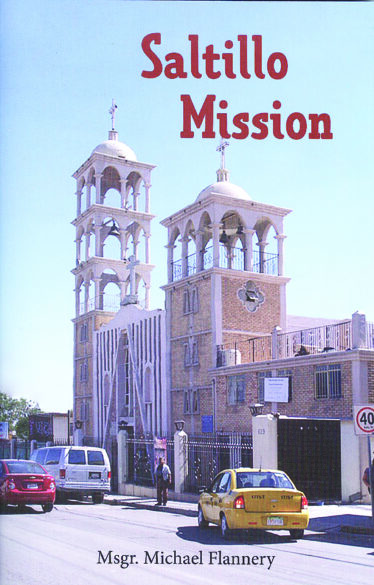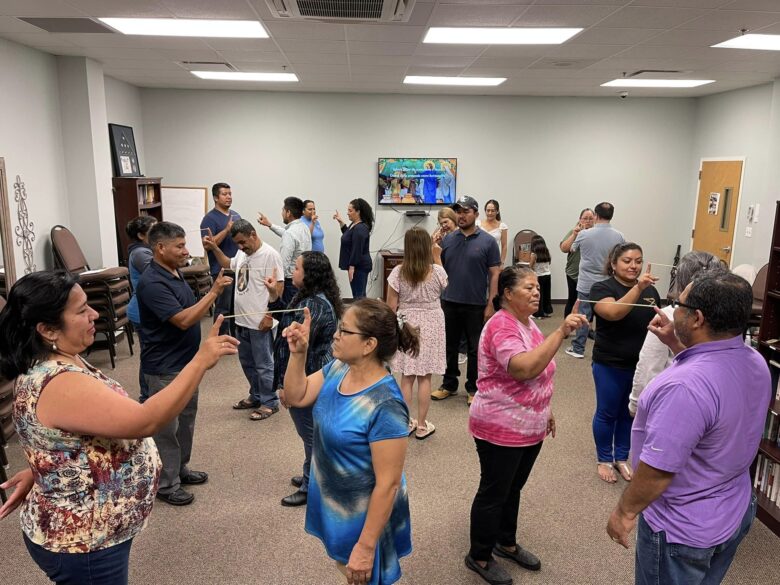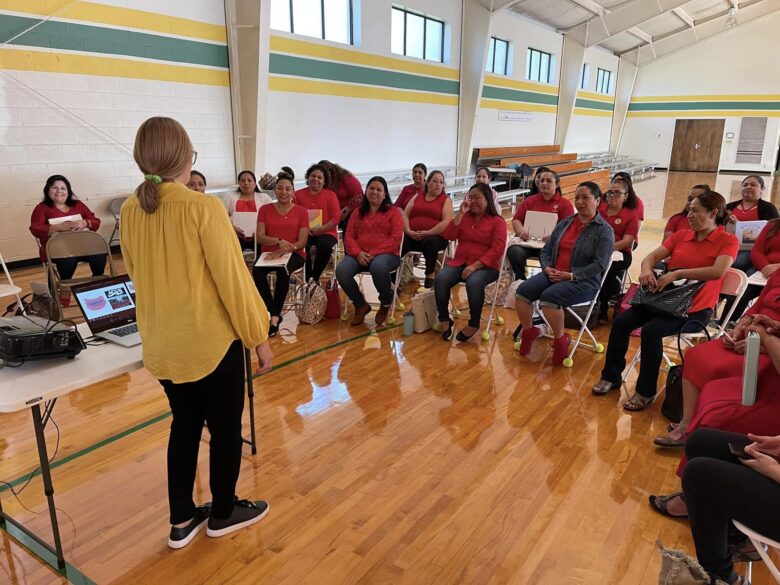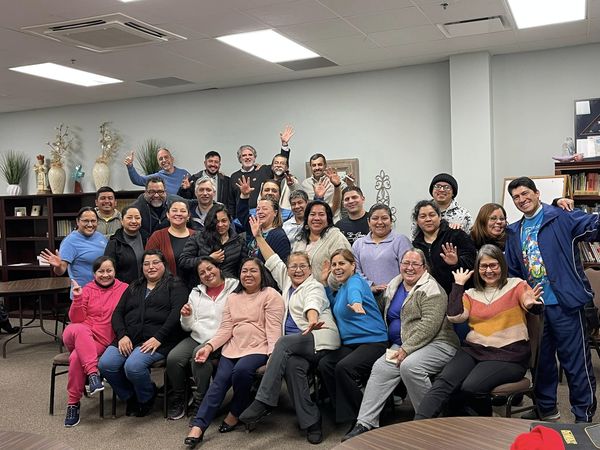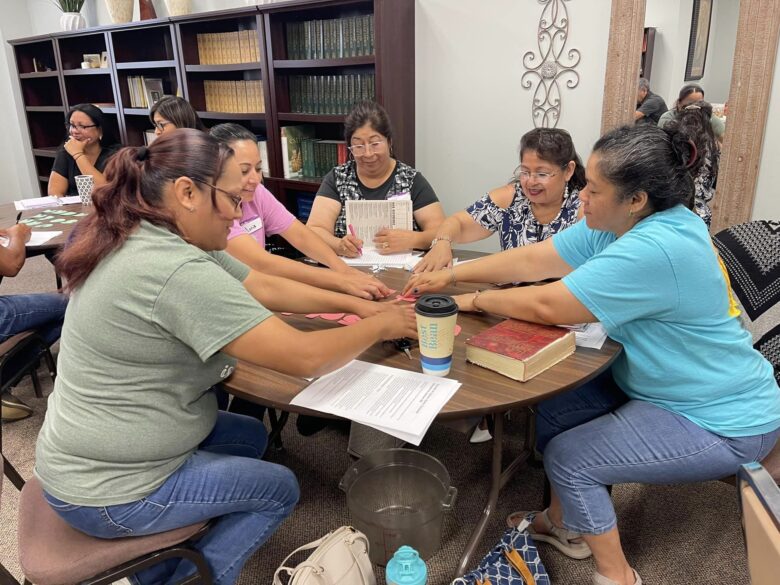By Tom Tracy , OSV News
MIAMI (OSV News) — Lo que algunos llaman ahora la iglesia más hermosa de Cuba, es una capilla universitaria católica recién restaurada en La Habana, abandonada de manera abrupta durante la revolución cubana, y en desuso durante unos 60 años.
Ha pasado medio siglo desde que los estudiantes recorrieron los terrenos del recinto de Santo Tomás de Villanueva y desde que se celebró una Misa en la capilla estudiantil, situada en uno de los barrios suburbanos de La Habana. Fue fundada en 1946 por la orden religiosa agustina de los Estados Unidos, con la ayuda de agustinos europeos.
Ahora, con el apoyo de Catholic Extension Society (Sociedad de Extensión Católica), con sede en EE.UU., y de donantes privados del país y del extranjero, la antigua capilla de Santo Tomás de Villanueva ha sido totalmente restaurada y consagrada de nuevo como parroquia de Santo Tomás de Villanueva y San Chárbel.
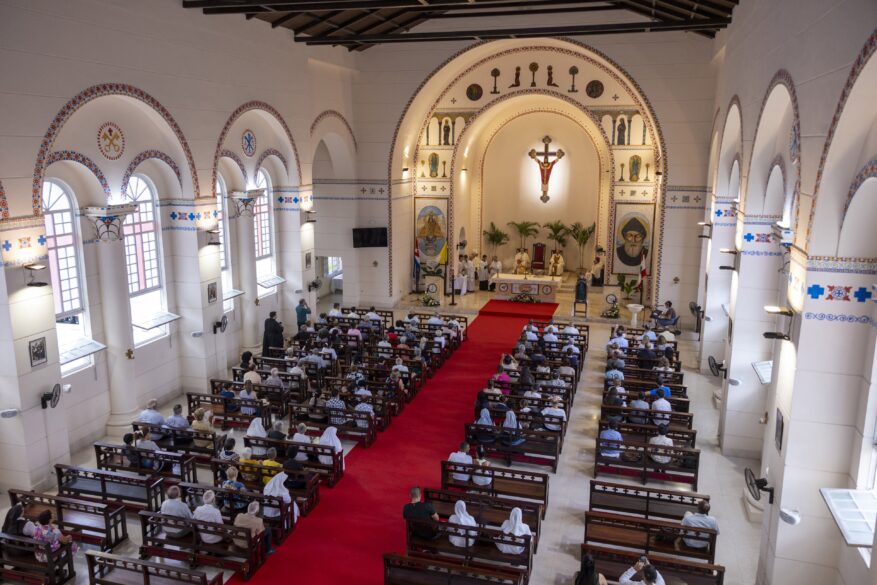
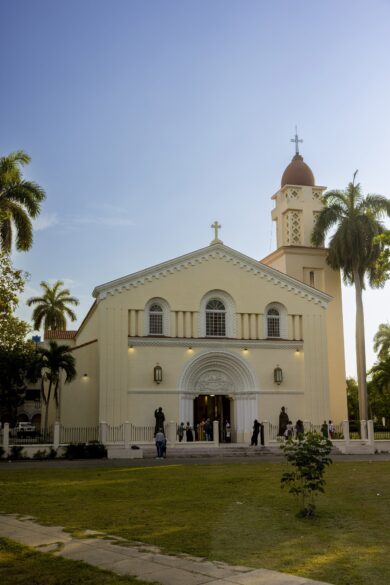
Recientemente, una delegación de obispos y sacerdotes de EE.UU., entre ellos el arzobispo Thomas Wenski, de Miami, viajó al distrito de Miramar, en La Habana, para las formalidades de dedicación a finales de abril, tras años de planificación para restaurar tanto esta capilla como otras iglesias deterioradas en toda Cuba.
Hace más de una década, la capilla fue devuelta a la Iglesia tras haber servido como un pequeño almacén para el gobierno cubano.
“Desde entonces, visité esta capilla en varias ocasiones, y estaba prácticamente en ruinas, con la estatua de Santo Tomás — sin cabeza –, aún en pie delante del templo abandonado y sin mantenimiento”, dijo el arzobispo Wenski en su homilía durante una Misa de Acción de Gracias celebrada el 24 de abril en la capilla.
“Esta capilla renovada y restaurada vuelve a ser un faro de luz para todos los que pasan por aquí”, dijo el arzobispo, y observó que la universidad de Santo Tomás de Villanueva se estableció más tarde como St. Thomas University, ahora una universidad afiliada a la Arquidiócesis en Miami.
“Agradecemos a Catholic Extension Society por su apoyo a proyectos en toda Cuba, y que hizo posible esta obra gracias a la generosidad del padre Patrick O’Neill, ex presidente de la universidad de St. Thomas en Miami, y (quien) fue miembro de los fundadores agustinos de la universidad de Santo Tomás de Villanueva”.
En La Habana, el arzobispo Wenski estuvo acompañado por el padre O’Neill; el arzobispo de La Habana, Cardenal Juan de la Caridad García; y el Obispo Auxiliar de La Habana, Mons. Eloy Ricardo Domínguez Martínez.
Los planes para renovar la capilla del recinto universitario siguieron a la visita del Papa Francisco a Cuba en 2015, cuando una pequeña delegación de peregrinos de Miami y profesores de la universidad de St. Thomas recorrieron la propiedad cerrada del recinto, y se preguntaron si podría restaurarse para servir a la comunidad.
En aquel tiempo, la iglesia no era más que unas pocas paredes y un techo mayormente expuesto, con poco o ningún vestigio de muebles, ventanas o arte religioso, aparte de estatuas en mal estado.
Sólo el antiguo altar — cuya posición indicaba que era anterior al Concilio Vaticano II — y las representaciones de santos y otras obras de arte religioso en lo alto de los arcos, confirmaban que esto había sido una iglesia.
Cuando el régimen castrista expulsó a los agustinos de Cuba en 1961, varios de los agustinos estadounidenses retiraron la Eucaristía de la capilla y vinieron a Miami para fundar Biscayne College.
La universidad pasó al patrocinio de la Arquidiócesis de Miami en 1988, lo que confirió a St. Thomas la distinción de ser la única universidad católica patrocinada por una arquidiócesis en el sureste de EE.UU.
Al alcanzar el rango de universidad, el nombre de la institución se cambió de Biscayne College a St. Thomas University para reflejar su herencia cubana.
El padre O’Neill, de Miami, explicó que Catholic Extension Society, con sede en Chicago, tiene desde hace mucho tiempo la misión de apoyar las comunidades católicas afectadas por la pobreza — pero que este proyecto en Cuba era uno de sus primeros fuera de EE.UU.
Catholic Extension Society, con sede en Chicago, es una organización con 119 años de antigüedad, que financia y sirve a las diócesis misioneras más pobres del país.
“Hace siete años vinieron a Cuba y recorrieron ocho diócesis en un solo día para conocer las necesidades que había”, indicó el padre O’Neill.
“Los representantes iban con regularidad para comprobar el progreso”, que era lento debido a las dificultades para conseguir materiales, sostuvo. “En aquella zona no había ninguna parroquia; esos muros habían servido de almacén”.
El padre O’Neill dijo que se interesó por el proyecto por ser una labor de amor, y que honra su herencia como antiguo sacerdote y educador agustino y presidente universitario. Sus propios padres también apoyaron la fundación de la capilla original.
El sacerdote señaló que se había tomado la decisión de dejar en la propiedad la estatua sin cabeza de Santo Tomás de Villanueva, sin repararla, como recordatorio del pasado turbulento. Ahora está acompañada por una estatua nueva de San Chárbel, ermitaño maronita del siglo XIX.
El padre O’Neill informó que en La Habana vivió una vez una pequeña comunidad católica maronita originaria de Oriente Medio, y que un obispo católico maronita de México se ha interesado en apoyar la nueva iglesia, que ahora sirve a la comunidad cercana al distrito de embajadas en La Habana.
“El cardenal (de La Habana) me dijo que probablemente ésta sea ahora la iglesia más bonita de Cuba”, comentó el padre O’Neill, y añadió que una iglesia nueva presenta allí un contraste marcado, dada la falta de mantenimiento estructural evidente en toda la empobrecida nación isleña.
Pequeñas donaciones procedentes del extranjero ayudaron a financiar el proyecto en un momento en que la economía cubana continúa en crisis debido a las políticas del régimen cubano, las sanciones comerciales vigentes, y las secuelas de la pandemia del COVID-19.
A Cuba también viajaron desde La Florida el obispo auxiliar de Miami, Enrique Delgado, y el padre Rafael Capó, vicepresidente de misiones de la Universidad de St. Thomas.
“La fe en Jesucristo es una luz que disipa las tinieblas, como rezamos en la Vigilia Pascual. Que esta capilla sea un faro de fe y de esperanza renovada para el pueblo de Cuba, y les ayude a saber que para Dios nada es imposible”, manifestó el arzobispo Wenski en su homilía.
“Hacemos nuestra la oración del Papa Benedicto XVI cuando visitó (Cuba) en 2012”, recordó, citando las palabras del pontífice, quien oró para que “Cuba sea la casa de todos y para todos los cubanos, donde convivan la justicia y la libertad, en un clima de serena fraternidad. El respeto y cultivo de la libertad que late en el corazón de todo hombre es imprescindible para responder adecuadamente a las exigencias fundamentales de su dignidad, y construir así una sociedad en la que cada uno se sienta protagonista indispensable del futuro de su vida, su familia y su patria”.
(Tom Tracy es corresponsal de Florida Catholic, el medio de comunicación de la Arquidiócesis de Miami.)

